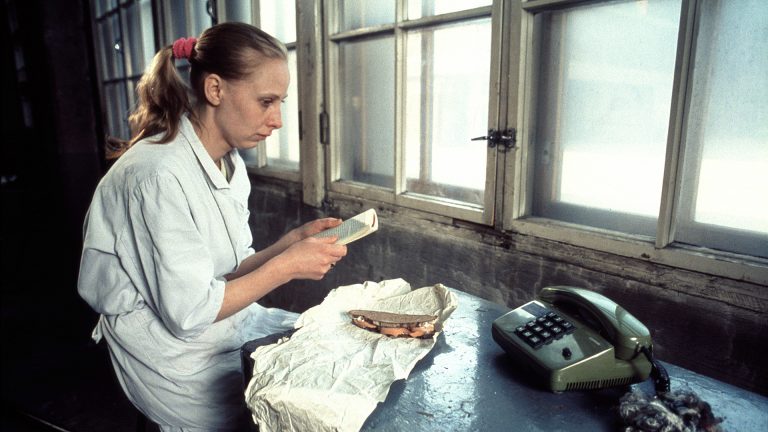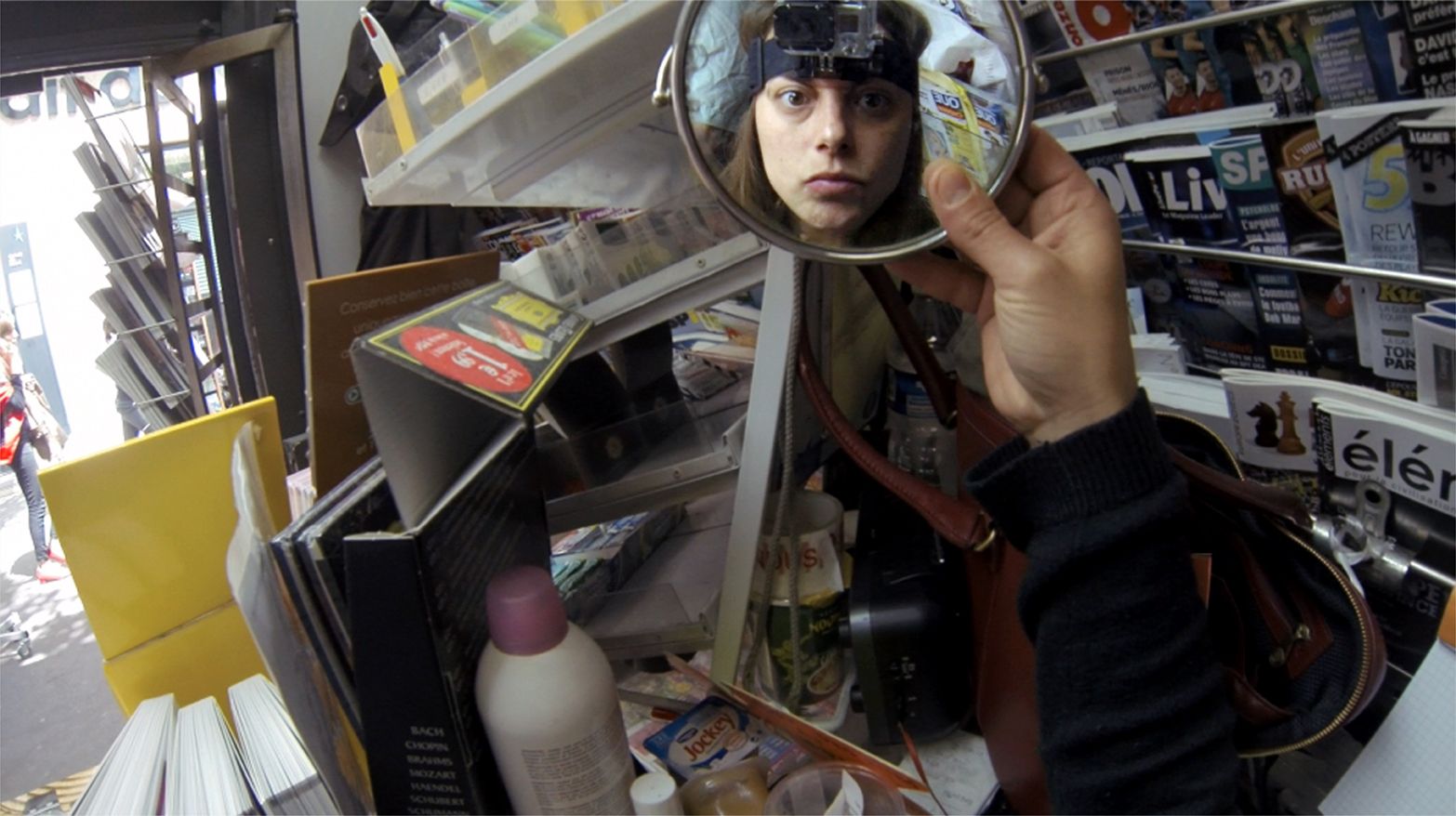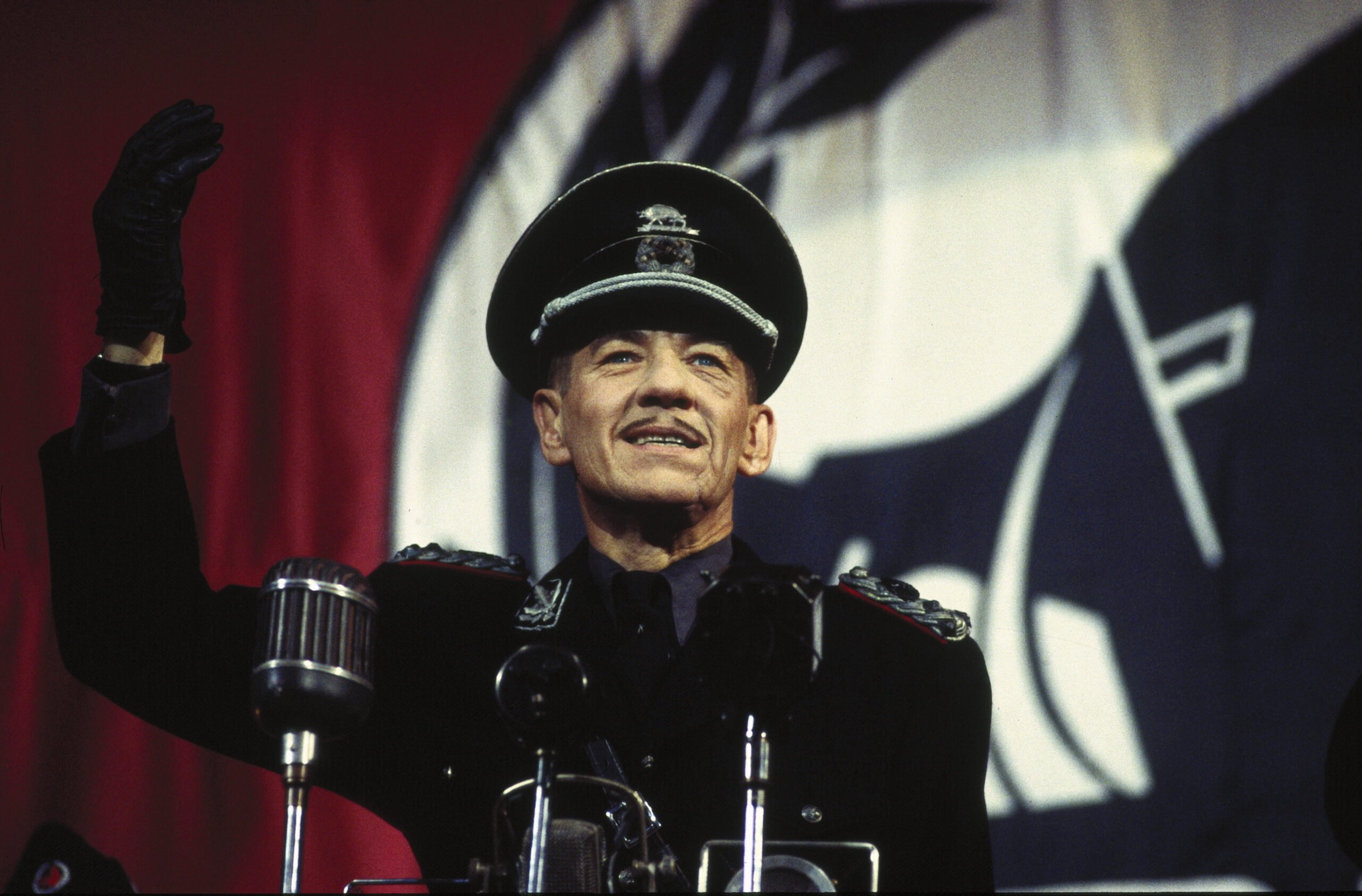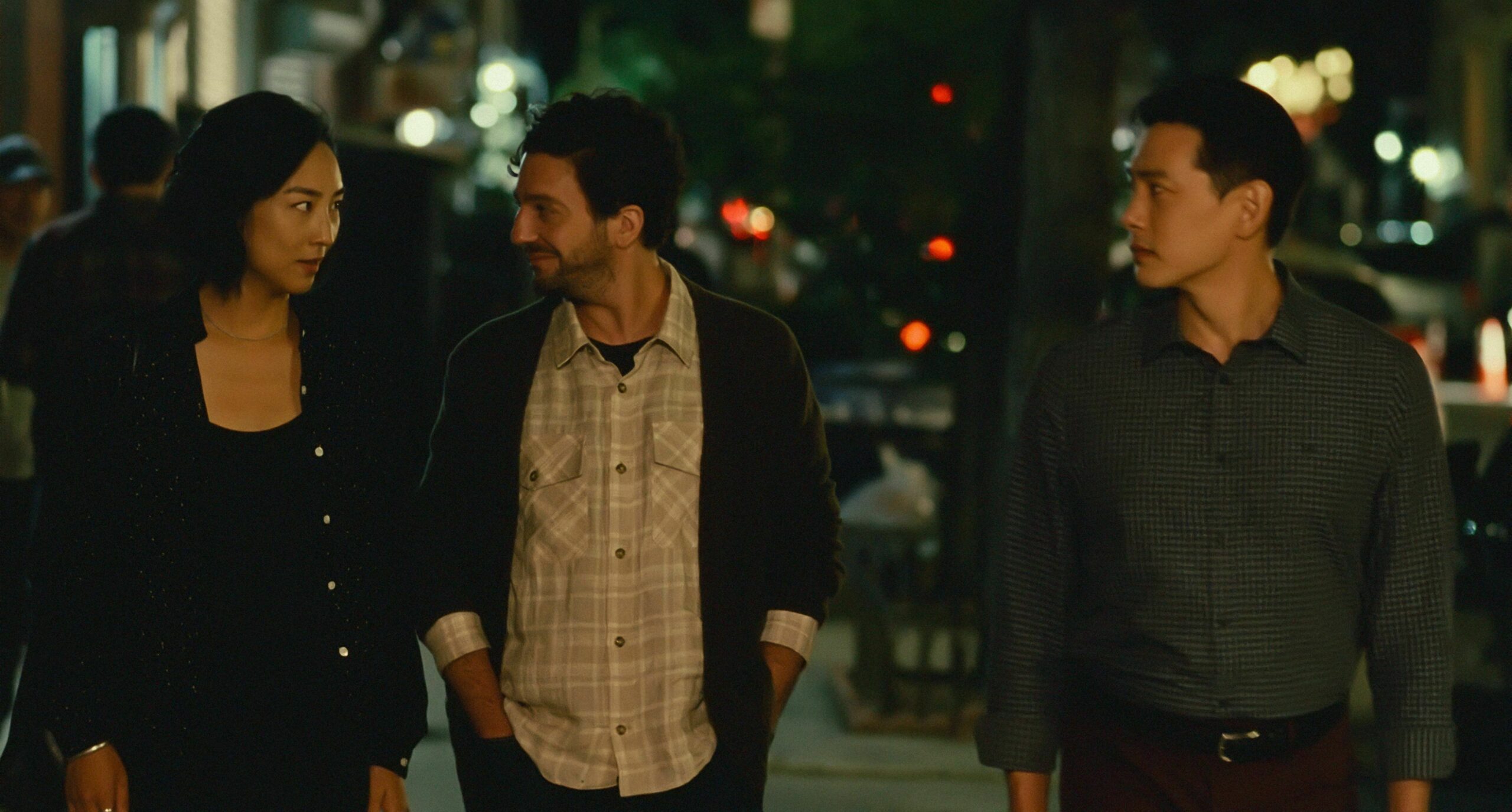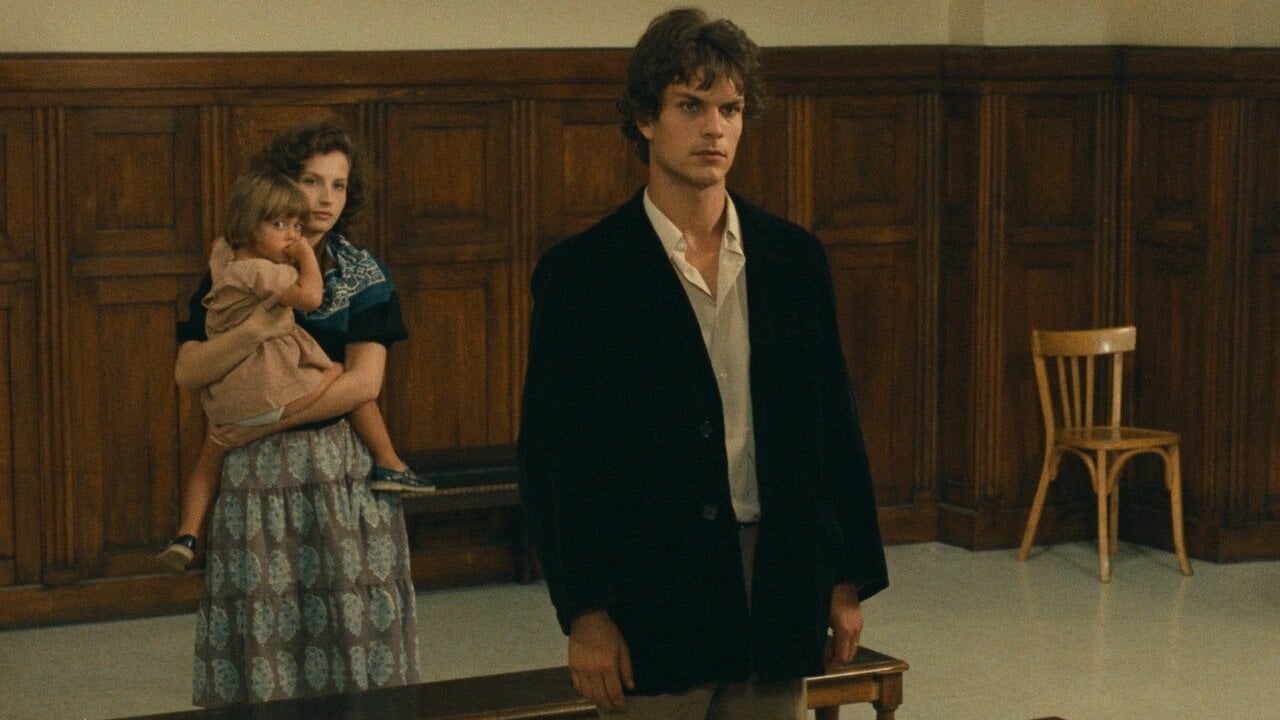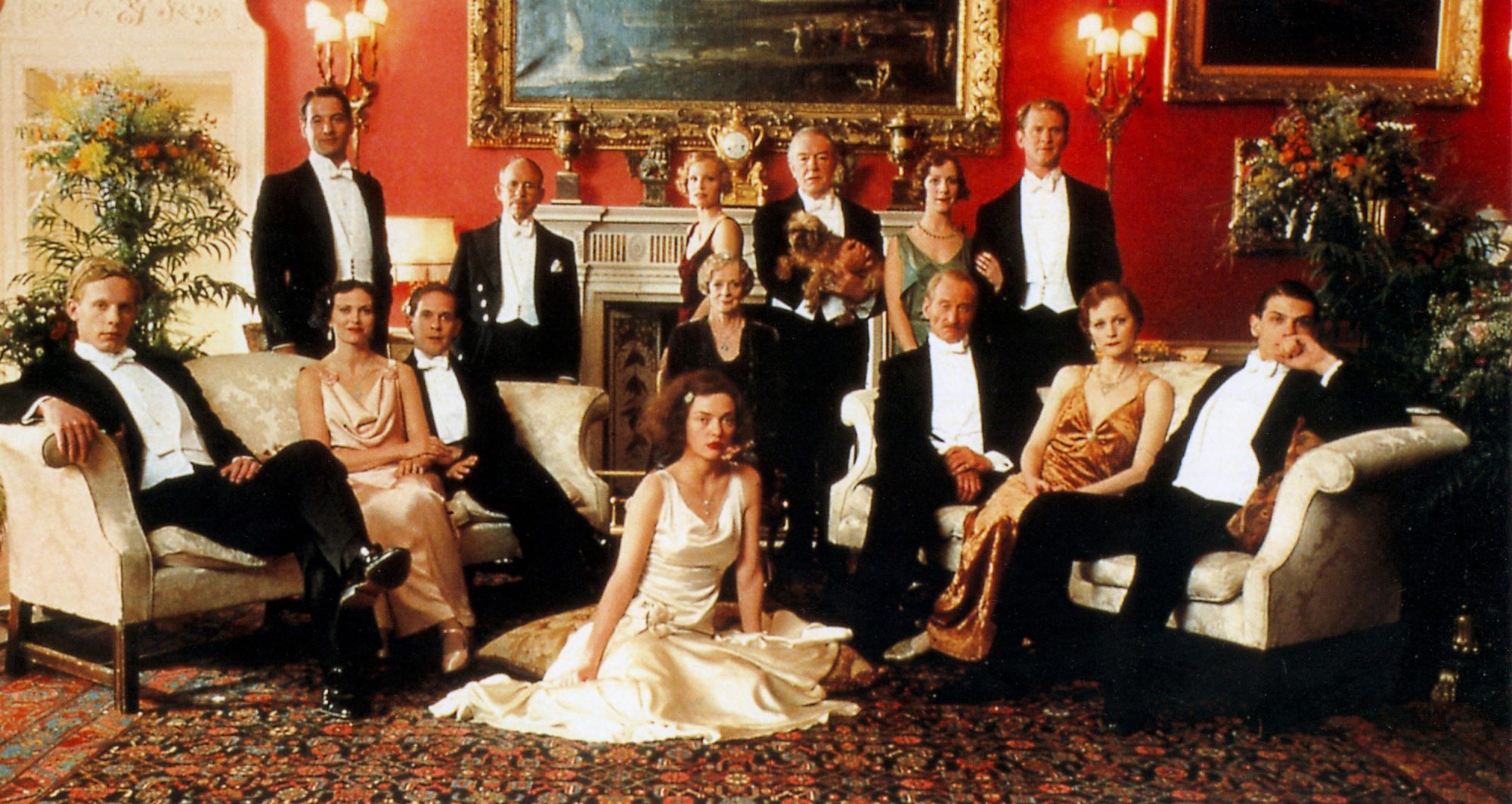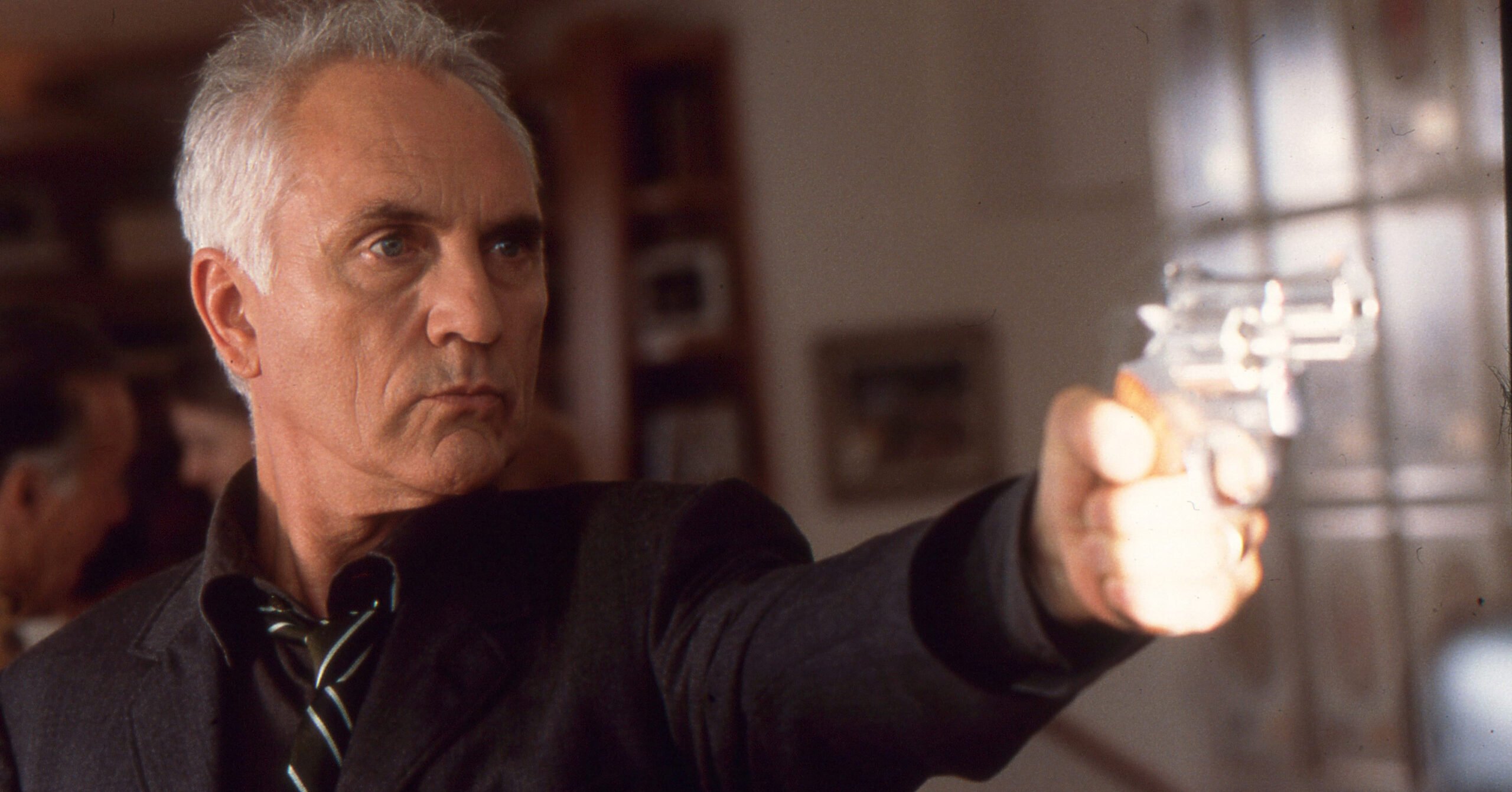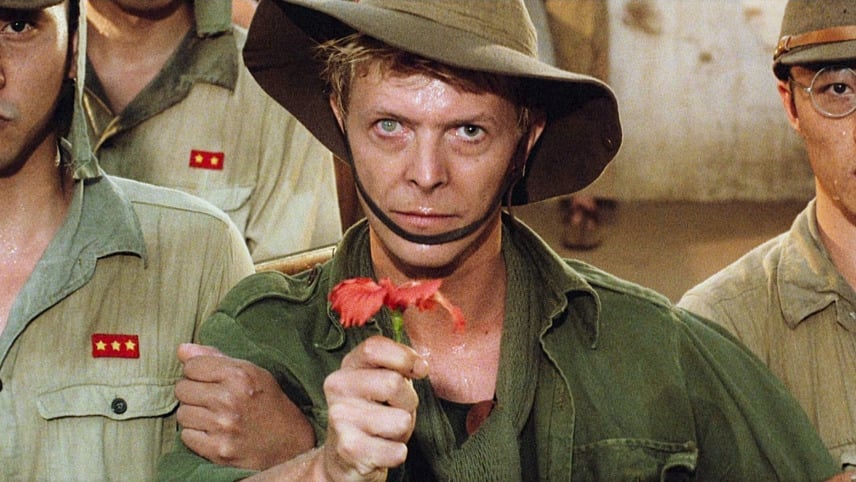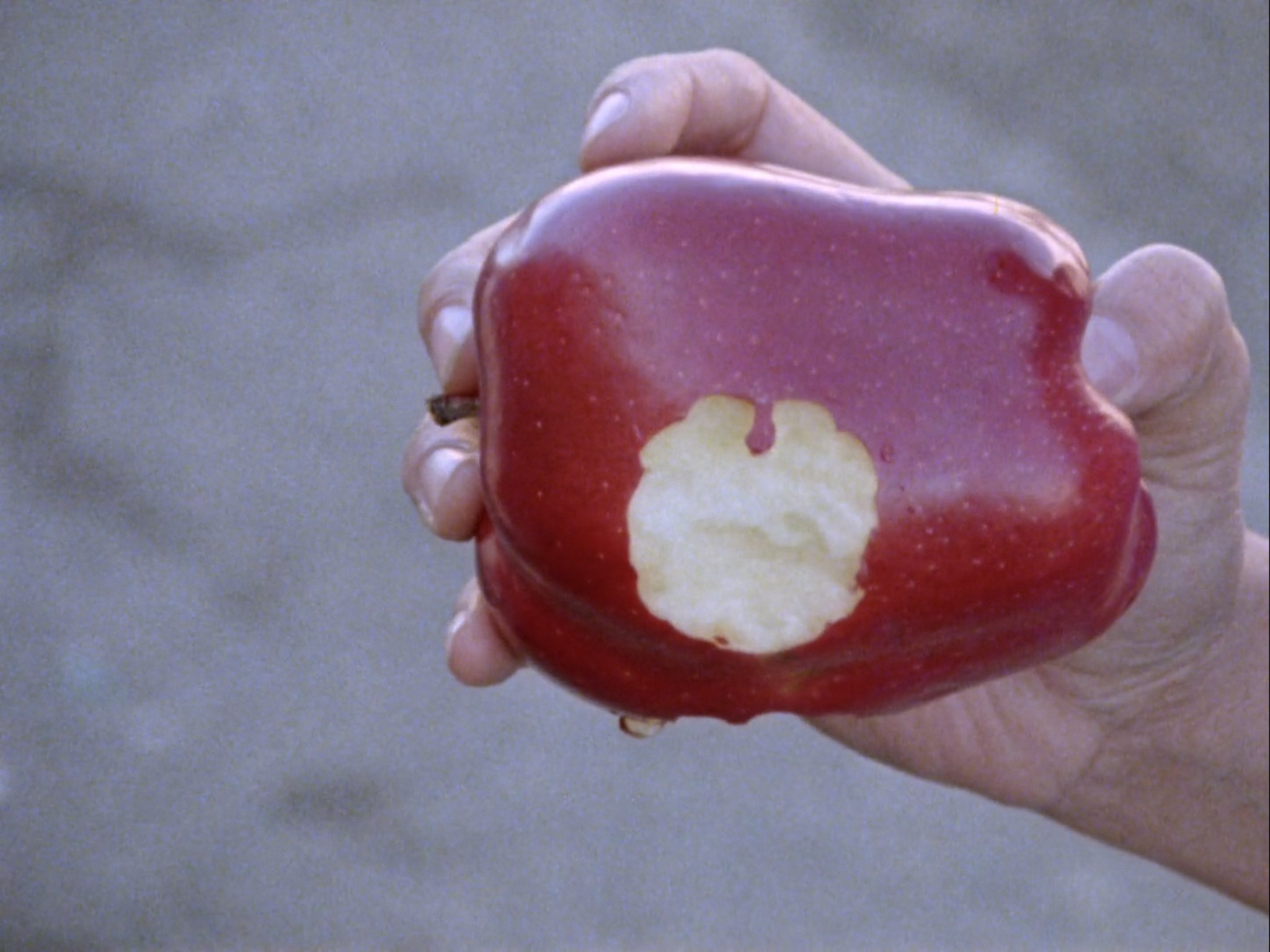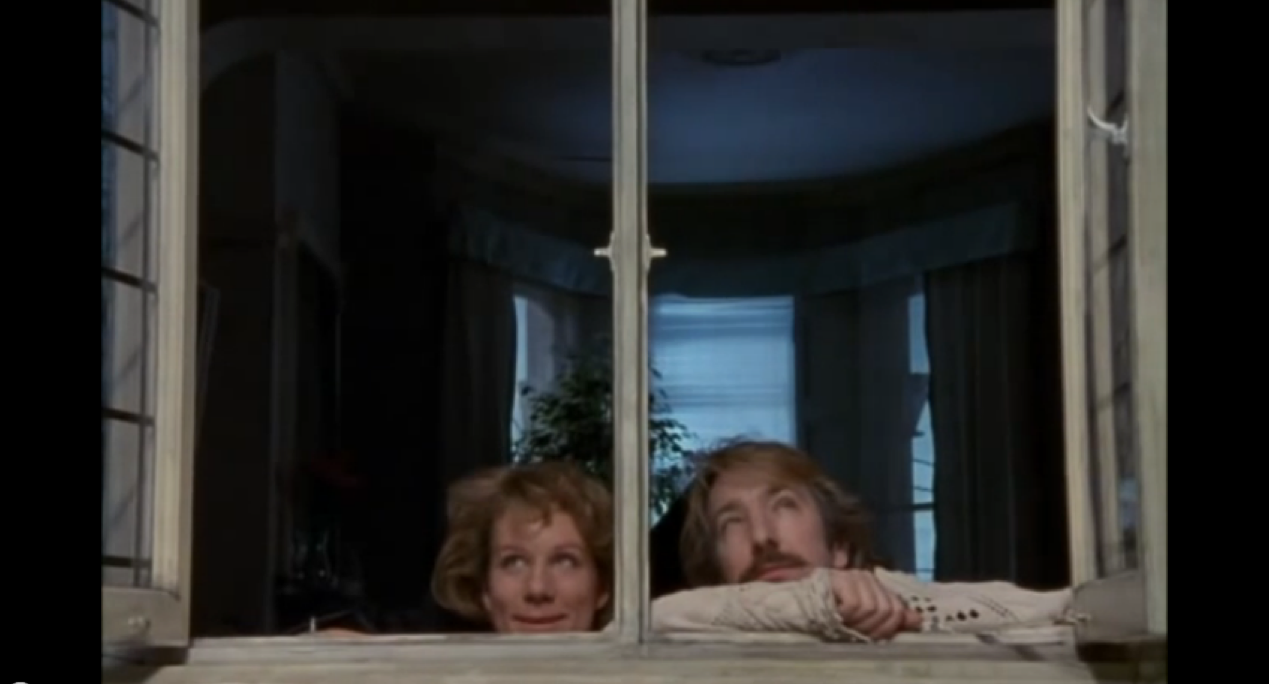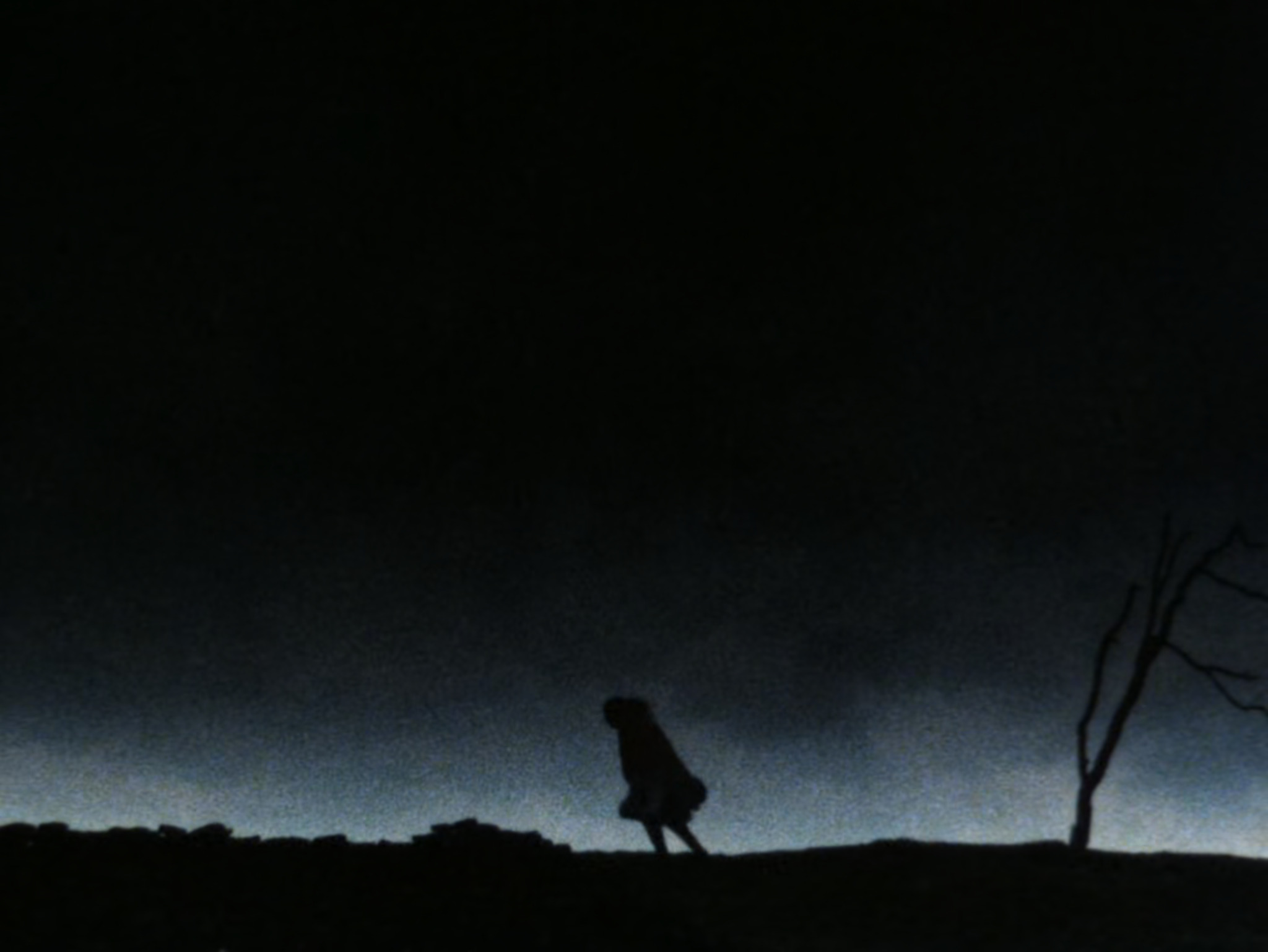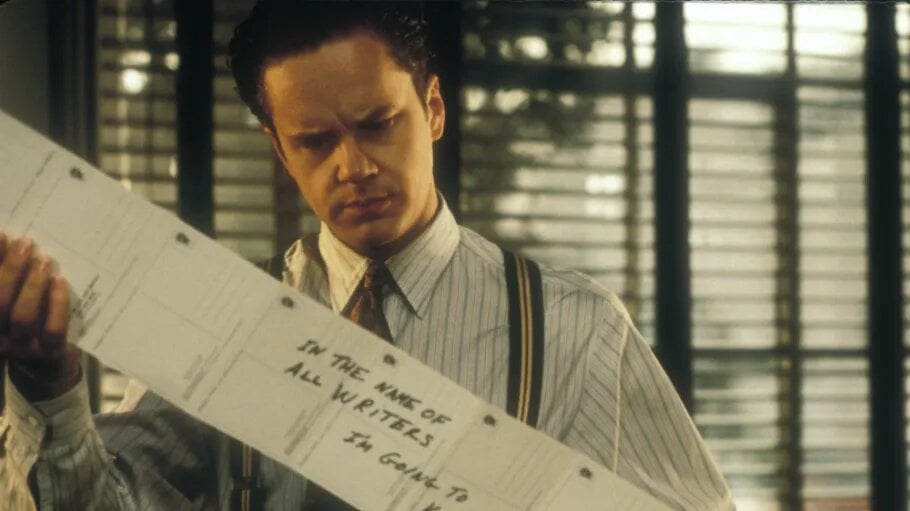Like so many pictures about the pictures, The Player is a biting satire of the biz. Tim Robbins plays Griffin Mill, a Hollywood executive who gives dinner speeches about movies being art but works at a studio where endings are unceremoniously tweaked for maximum audience approval ratings — and therefore maximum profits. The greedy corporate Tinseltown of The Player feels very close to the franchise-pumping Tinseltown of today, but there’s enough wit and irony here to keep it from feeling too depressing.
Legendary New Hollywood director Robert Altman packages his critique in familiar clothing: that of a film noir. After receiving threatening postcards from a disgruntled writer he never called back, Griffin takes matters into his own hands and soon finds himself living out the plot of a taut thriller. The Player gets even more deliciously meta than this: nearly every scene contains a winking reference to the movies, and it’d probably be easier to count which stars of past and present don’t show up for a cameo here. What’s more, Altman gives The Player the kind of “happy ending” that Griffin’s studio is always demanding from writers — only here, it’s spun into a bitter commentary on the whole industry. Simply masterful.
Genre: Comedy, Crime, Drama, Mystery
Actor: Adam Simon, Alan Rudolph, Alexandra Powers, Althea Gibson, Andie MacDowell, Angela Hall, Anjelica Huston, Annie Ross, Bert Remsen, Brad Davis, Brian Brophy, Brian Tochi, Brion James, Bruce Willis, Buck Henry, Burt Reynolds, Cathy Lee Crosby, Charles Champlin, Cher, Cynthia Stevenson, David Alan Grier, Dean Stockwell, Dennis Franz, Derek Raser, Dina Merrill, Elliott Gould, Felicia Farr, Frank Barhydt, Fred Ward, Gary Busey, Gina Gershon, Greta Scacchi, Harry Belafonte, Jack Jason, Jack Kney, Jack Lemmon, Jack Riley, James Coburn, Jayne Meadows, Jeff Celentano, Jeff Goldblum, Jeremy Piven, Jill St. John, Joan Tewkesbury, Joel Grey, John Cusack, Julia Roberts, Karen Black, Katarzyna Figura, Kathy Ireland, Kevin Scannell, Leah Ayres, Leeza Gibbons, Lily Tomlin, Louise Fletcher, Lyle Lovett, Malcolm McDowell, Marina Zenovich, Marlee Matlin, Martin Mull, Michael Bowen, Michael Tolkin, Mike Kaplan, Mimi Rogers, Natalie Strong, Ned Bellamy, Nick Nolte, Pamela Bowen, Patricia Resnick, Patrick Swayze, Paul Dooley, Paul Hewitt, Peter Falk, Peter Gallagher, Peter Koch, Randall Batinkoff, Ray Walston, Rene Auberjonois, Richard Anderson, Richard E. Grant, Ritchie Montgomery, Robert Carradine, Robert Wagner, Rod Steiger, Sally Kellerman, Sally Kirkland, Scott Glenn, Scott Shaw, Shari Belafonte, Stephen Tolkin, Steve Allen, Steve James, Susan Emshwiller, Susan Sarandon, Sydney Pollack, Ted Hartley, Teri Garr, Tim Robbins, Vincent D'Onofrio, Whoopi Goldberg
Director: Robert Altman

